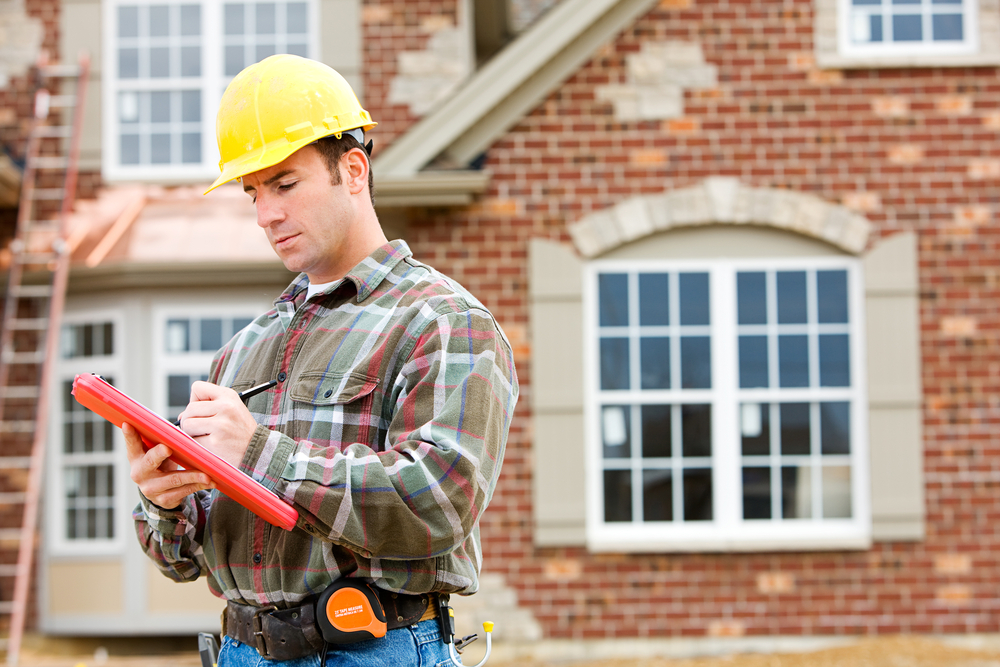 Connecticut is chock full of historic houses, which makes it a haven for history buffs or anyone who wants a home with a story to tell. While these old houses can be enchanting, keeping them comfortable and protected isn’t easy. Here are four ways you can make sure your historic Connecticut house remains the home of your dreams for years to come:
Connecticut is chock full of historic houses, which makes it a haven for history buffs or anyone who wants a home with a story to tell. While these old houses can be enchanting, keeping them comfortable and protected isn’t easy. Here are four ways you can make sure your historic Connecticut house remains the home of your dreams for years to come:
1) Insulate. Many homes built in the 17th and 18th centuries have paper-thin walls and little to no protection against the cold New England winters. On top of that, old oil- and wood-fueled heating systems are expensive to run and maintain. Insulating your attic and the space between your walls is one of the best “comfort upgrades” you can do for your home. It’s a safe and affordable investment that will keep your historic house cozy even after the snow starts to fall.
2) Bring the Power. Although your home’s very first owners probably went without power, these days we need electricity. Most colonial homes have some sort of power system, and depending on when it was installed, you could be stuck with an outdated knob-and-tube system that produces low wattage and is risky to boot. It’s not cheap to update your home’s power, but modern electrical systems run much more safely at a much higher wattage. If you want to watch TV, cook a roast and browse the Internet at the same time, an electrical overhaul will probably be a necessity.
3) Keep the Structure Sound. Above all, a solid and safe foundation is the most important thing when it comes to restoring and maintaining a historic home. Hundreds of years can take their toll on load-bearing beams and brick foundations. While you should never invest in a historic house with a crumbling foundation, if you’re concerned about the structure of your own home you can retrofit braces and beams to enhance stability. Be warned, though: if you let your structure crumble so far that you need to brace it, you’ll be dishing out a pretty penny for the repairs.
4) Keep It Up to Code. Because historic homes have lower property taxes, there are specific Connecticut real estate laws that define what makes a house historic. Keep a copy of these guidelines on hand when you make any renovations or repairs to make sure that your home stays … well, historic.
If you’ve ever fancied a historic home, don’t be put out by the work required to keep it. If you budget your time and resources, you can live happily ever after in the colonial Connecticut home you’ve been dreaming of.






